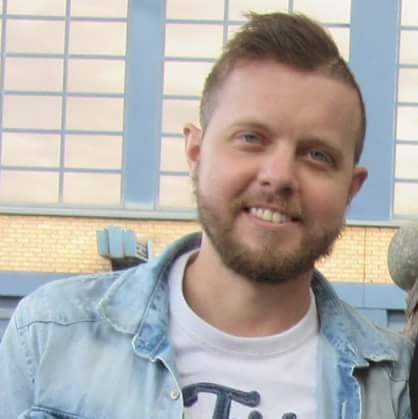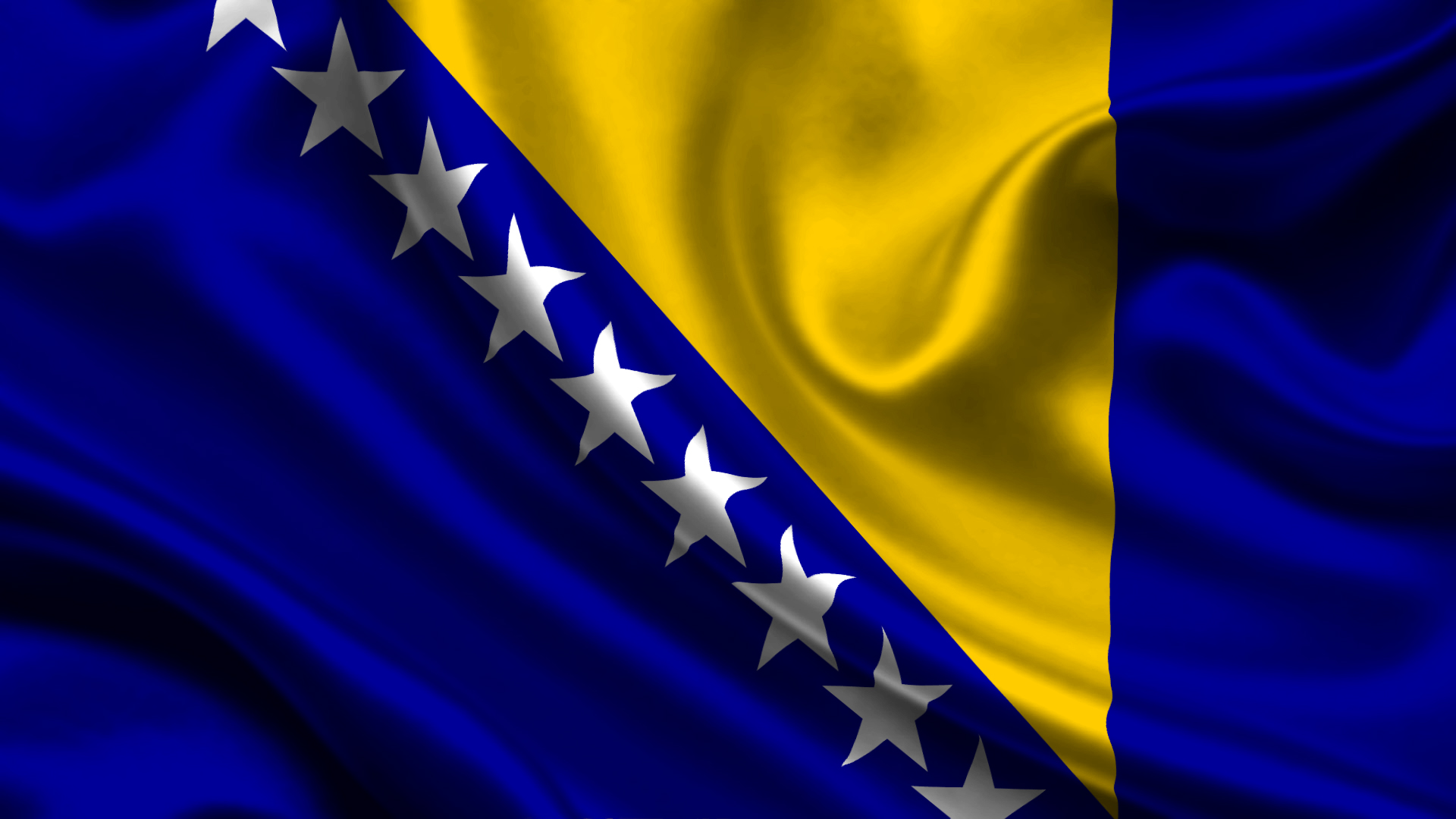Today’s interview comes from our first participant who is post double lung transplant. Luke Doherty is also Team Boomer‘s athlete of the month for August. He joined the Making it Matter podcast as well, have a listen HERE.
Dublin, Republic of Ireland, Luke Doherty, 26, living with cystic fibrosis.
- About how many people in your country have cystic fibrosis?
Ireland has the highest incidence of Cystic Fibrosis in the world with around 1 in 19 Irish people said to be carrying one copy of the altered gene that causes Cystic Fibrosis. About 1,200 children and adults In Ireland have CF out of the 70,000 worldwide.
- Do people in your country know what CF is?
In general terms, I don’t think that people were aware of what Cystic Fibrosis is but since the whole Orkambi protests and the fact that it was all over the news I feel that more and more people are becoming aware of CF. I found it interesting that while I was studying to be a Personal Trainer, one of my teachers took me to the side and said that we were going to be doing a class on Cystic Fibrosis. I honestly did not expect it to come up on a fitness course. Awareness is getting better and better as the years go on.
- When were you diagnosed? Why were you tested?
I was lucky as my older sister was diagnosed with CF so when it came to me I was tested as soon as they could which was 6 weeks old I think.
- Were you encouraged to be open about your CF? Do your friends and family know that you have CF?
All of the family knew that we had CF, but friends were a different story. Most the time because I played soccer a lot I didn’t get asked questions. It wasn’t something that I would broadcast, but if someone asks I will say it. All of my close friends would know, but especially when I was getting into the fitness industry I wouldn’t mention it. We were more private as a family about the CF, but now that I’m older I am more open about it.
- Does your insurance/healthcare cover costs? Does it fully cover all medications and treatments available to patients with CF? Does government provide your healthcare or is insurance offer privately?
We’re lucky in Ireland that all of our medications are covered by the “Long term Illness Scheme”. As you get older there are certain medicines that you will need such as anti-anxiety medication that aren’t covered on the long term illness scheme so I use the medical card. In this way we only have to pay €2.50 per medicine but that would only be for the odd medication. Im fortunate with my chemist being amazing with getting me all the medicines I need on whatever scheme is the cheapest for me. They really look out for me.
Not only are our treatments free we also don’t have to pay for any of our hospital stays. Its brilliant to not have the financial stress aspect of CF weighing on us.
- Do you have access to drug studies/trials? Do you have access to new medications?
Yes we would have access to drug trials, but not many have come along that suit my gene type. When I was around 12 I was in one trial.
When Ireland was still fighting for Orkambi, I was placed on the drug on compassionate use. There were a few of the CF patients that were allowed on Orkambi before it was Passed, but only in extreme cases. I think a collapsed lung was definitely an extreme circumstance.
- Who is on your CF care team? (Doctors, nurses, etc.)
The main people you will deal with is your CF Nurse Specialist. They become more family than anything and some know you better than you know yourself. Then we have the physiotherapist, Consultants, Docs, Dietitians, and the Psychologists.
- How far away is your CF clinic? Is there a difference between adult/child clinic/care for CF?
For me my CF clinic was just 20 minutes away when I was in adult care and 20 minutes the other direction was my pediatric CF Clinic.
Once you reach 18 you start the process of transitioning over to adult care. My Pediatric CF team didn’t want to get rid of me so kept me till I was 19. There is a rule that you can let them finish their education and then switch over so I got an extra year. (I was special that way)
- How often do you go to the doctor (non-emergency)? Is it easy to get an appointment? What do you do in case of emergency?
It really does depend on how well you are. If you are very well it would be every 3 months. If they want to keep a close eye on you it will be every week or two. Post-transplant I’m currently seeing my transplant team every month at the moment. It is extremely easy to get an appointment. You can either wait for the clinics every Tuesday or go up to the ward and see a Doctor if you can’t make it to the clinic. Luckily in Dublin there is a dedicated CF unit that has both a day ward and a full inpatient ward the level above, so CF patients never have to wait to long to be seen.
If there is an emergency I would call the CF team first before the transplant. If it was out of hours you have to call the CF ward and get admitted through Accident and Emergency, but they’re afraid of CF in the A&E so we get up to the ward quickly enough.
- If you need IV antibiotics, can you do them at home or do you need to stay in the hospital?
You need to stay in hospital for a few days till they sort out what antibiotics your supposed to be on and arrange delivery. Especially if you had to come into hospital unscheduled you will have to do a few days at the very least. If you are well enough to do them at home it can be arranged. Both Mum and I are trained in home IV’s, but unfortunately the two years before the transplant I was too sick to do home Iv’s so had to stay in hospital.
- Is the Vest a typical treatment option? What other treatments are common in your area? Which are not?
The Vest was too expensive when we [inquired] back 15 years ago. We were looking at 20,000euro and just couldn’t afford it. The main physiotherapy treatment that I used was the accapello and the bipap machine. Up till 5 years ago I used the flutter accapello and then in adult care they started to change me over to doing breathes/drop huffs with the bipap.
- Are you encouraged to exercise? Specific?
Yes we were always encouraged to participate in sport and to exercise. With me that was never a problem. I loved to play soccer. Soccer was life and is life for me. When you go into hospital for an admission the physiotherapist will go through an exercise routine with you for home. Also at every clinic visit the physiotherapist will go over what exercise you doing and make recommendations.
We could also get a letter so that we could get a gym membership at 14-15 years old. This helped us keep up our exercise routine.
- What CF specific medications/therapies have been developed in your country? Does your country promote new drugs?
I don’t know of any drugs or therapies that Ireland has developed, but our research team here are extremely good. The Irish CF centers are great at promoting new drugs especially if it fits your gene type. Orkambi is a great example of how the CF centers and community came together to promote how good the new drug was for CF patients in order to get it passed by the government.
- What role does nutrition play in your CF care? Do you have a feeding tube? Do you have CFRD (diabetes)?
Nutrition plays a huge role in my CF care and as a trainer. I have an obsession about getting my weight up to a certain level. I have tried numerous nutrition techniques such as carb backloading, carb frontloading, calories cycling, high fat intake, high protein, high carb and high calorie intake. Nothing seemed to work for me pre-transplant. The only way I put on weight was muscle mass. I can put on 2kg of muscle mass a month so was able to get up to a good weight before the transplant. Post-transplant I find it much easier to put on weight which is fantastic. (I’m going to get fat and I can’t weight haha)
Luckily enough I did not need to use a feeding tube. I would have also probably refused it because I love my abs and don’t let doctors near them. Not even for injections. (I giggle to much)
I had been put on insulin twice in my life as my sugars had gone high but it was around a time of infections. I soon got off them as I was having too many hypo’s on 2 units of Nova. I have more of a glucose intolerance as the docs told me rather than CFRD. Post-transplant my sugars returned to a good level until I needed Chemotherapy where I was jumping from 100mg of steroids for 5 days down to 10mg for 2 weeks and repeated that cycle for 6 sessions. I am currently on insulin and we are hoping that the sugars are going to go back to what they were before the chemotherapy.
- What do you wish could be better about your nation’s care for CF patients?
I do wish that the Doctors didn’t change every 6 months. I know that it can be good if you get Doctors that aren’t the greatest as they will go within the 6 months. But when you get a good group of Doctors who really listen and work with you then it’s annoying when they leave.
- What do you know about CF Lung Transplants?
A fair amount. Both my sister and I have had a transplant. My sister had hers over in England 10 years ago and I had mine in Ireland last year. The CF team in St. Vincents were fantastic with the whole process. First you get to meet the main transplant consultant who decides who goes on the list. If he feels you need to be listed then you will be booked in for numerous amounts of tests. I was lucky in the fact that I was actually in the hospital at that time so we could speed through getting the tests done. Also, having one of the transplant surgeons looking after my collapsed lung helped the process.
I liked the process of the different test as anatomy and physiology has always interested me. (yes that’s a weird reaction to tests but I owned it so I’m happy hahaha). If you relax and enjoy how amazing the technology is these days and what you can find out this process does actually feel like it goes a lot quicker. After 3 weeks to a month I had completed all the tests and was put on the list. At every stage of the way my amazing nurses on the CF ward kept me informed.
Before you’re put on the list you meet the whole team and have loads of opportunities to ask all the questions you want. With CF and having a transplant there are a few things:
- You have to have a double lung transplant as if you get one lung transplanted, the new healthy lung can get infected by the CF lung. This is a problem so both will be transplanted.
- You will be taking anti-rejection drugs for life. While many say that this is a cure, unfortunately its not. You are exchanging one condition for another.
- You will still have problems with your other organs such as pancreas, liver and problems such as CFRD. Unfortunately, CF doesn’t just effect the lungs so after the transplant you will still have those problems. But you have new airbags so that’s pretty cool. It’s easier to handle these problems when you can breathe.
- The first year is the most important. Its also the most amazing year. Did you know that your new lungs basically grow into you? In the first few days you will have drains in because your new lungs don’t know how to drain on their own yet. Your new lungs learn how to do these things. Its truly amazing.
- You wont know yourself actually being able to walk from A to B without oxygen or getting out of breath. That’s where I saw a huge difference. I would check my oxygen sats regularly post-transplant worried that my sats were still down around 90% and they were 100%. 100%!!!!!!! You will be flying post-transplant!
- Stairs are still the Bain of your life but at least you can breathe walking up them now!
- Did you go to college/university or advance your education elsewhere (Or plan to go to college/university)? Were you encouraged?
Yes I attended college/university. I did 3 years of Personal Trainer and Sports Therapy. I went on further to do a BSc in Strength and Conditioning which I will be finishing in September 2018. My college (Setanta College) were great with me throughout the transplant and I could keep up with the lessons from home. I was also able to advance my studies with courses such as Advance mat Pilates (STOTT’s Pilates), advanced nutrition and swim teacher to name a few. I have a love for learning about fitness from every angle so I go looking for extra courses which I can do.
There was a time when I had left my course “Automotive Management and Technology” (basically Cars) and for weeks I just went to the gym and did nothing. A few of my close friends stepped up and encouraged me to start reapplying for college and that’s when I started in sports. As they say, the rest is history.
- What is the National CF Foundation (if there is one)? Does this Foundation (if there is one) aid in everyday life and education? (example: scholarships, transplant aid, educational materials, etc.)
CF Ireland is the National Foundation in Ireland. They are a great support especially during my transplant. In Ireland, the transplant is free but CF Ireland will help with giving a grant for the accommodation, food, and whatever other expenses you will have while doing the transplant tests/having the transplant. They have the funds available for your family and yourself to be supported while you go through the transplant process.
My favorite of their grants available is the exercise grant which helps you either buy equipment for your home or towards a membership to a gym.
CF Ireland also have grants available such as Fertility Grant Scheme, Social and Distress Scheme, and Counselling. To be honest if you need assistance in any way CF Ireland will try their best to help. Their great like that!
- Is there anything else you would like to add? Is there anything specific or unique about CF care in your country compared to the rest of the world that you know of?
Not that I can think of.





